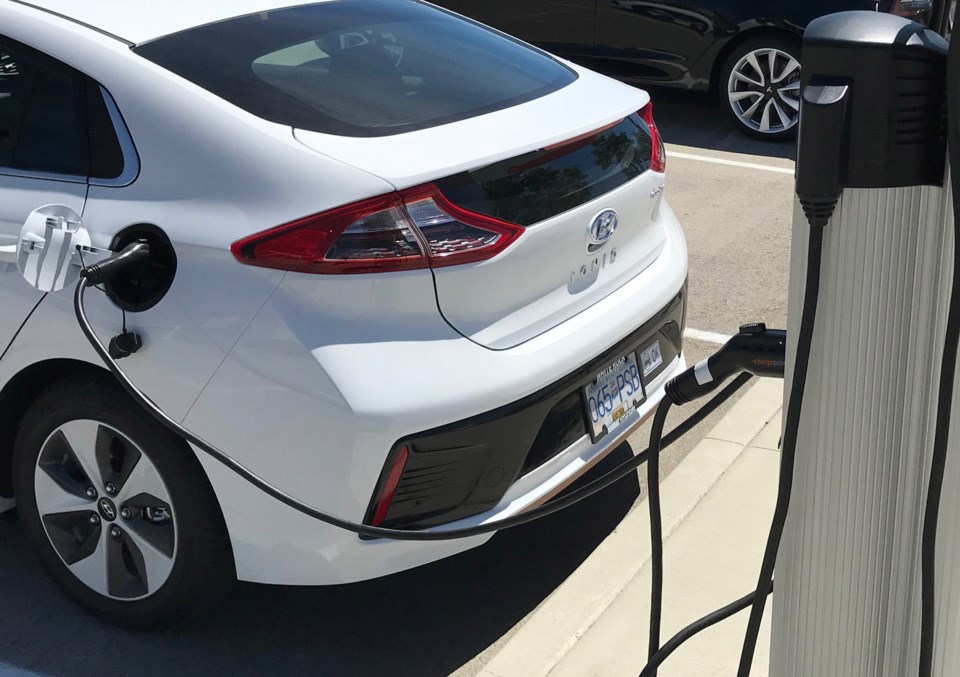The cancellation of a provincial program could significantly impact the ability of local governments to address climate change.
That’s according to Mayor George Harvie in a recent letter to Environment Minister George Heyman, conveying concern about the discontinuation of the Climate Action Revenue Incentive Program (CARIP).
The province recently announced it’s wrapping up the program that helped local governments fund projects to reduce greenhouse gas emissions, with 2020 being the last reporting year.
The program, which started in 2010, sees the provincial government return money that local governments pay in carbon taxes to be invested in climate action initiatives at the local level.
Last year, the government provided approximately $8.4 million from the program for local governments.
The province will be working with the Union of BC Municipalities (UBCM) on a replacement for the CARIP program and a new policy for how funding will be allocated, however, concerns have been expressed by local governments that the new program may not provide the same level of funding.
“The City of Delta was one of the first BC local governments to advocate for a provincial program to return carbon tax by local government signatories to the BC Climate Action Charter for reinvestment in projects to reduce greenhouse gas emissions in the community. With its CARIP grant funding, Delta established a Climate Action Reserve fund, which has supported numerous energy and greenhouse gas reduction projects of the City,” explained Harvie.
“Delta’s CARIP funding has allowed the City to leverage funding from other programs and levels of government, including the recent Natural Resources Canada grant for the installation of public electric vehicle charging stations.”
Harvie asked for a replacement program with funding equal to or greater than CARIP.
The City of Delta is also planning to bring forward the request as a resolution for the next UBCM convention.



